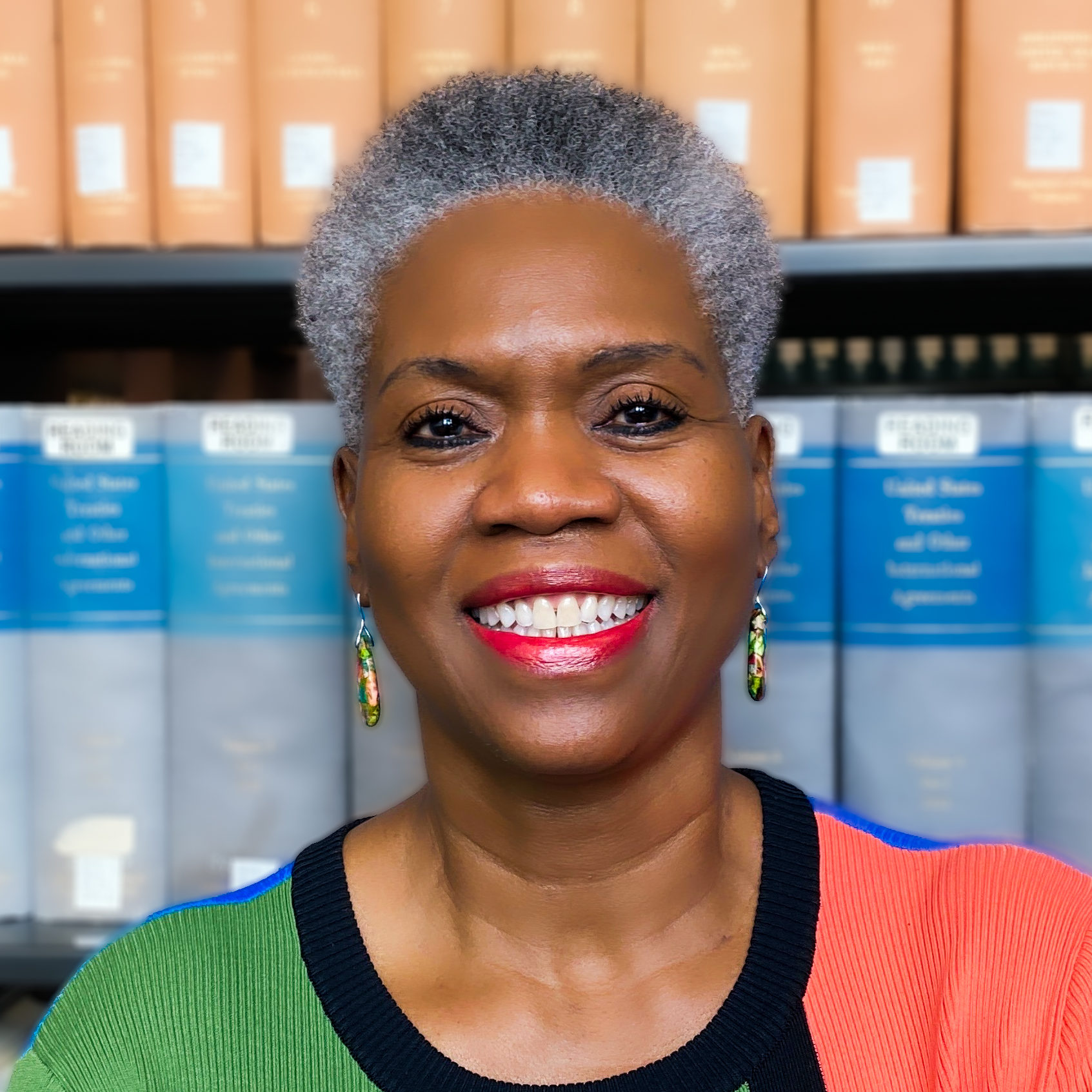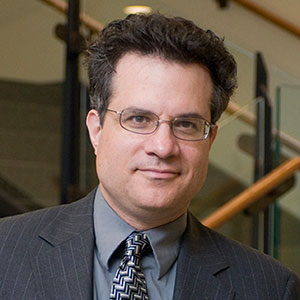The Long Summer of 2020:
Race and Death in the United States
This 6-part series will address recent and past incidents of police violence against African-Americans, as well as the roots of institutional racial violence, its contemporary manifestations, and anti-racist protests. Each one of the six sessions has been approved by the Missouri Bar for CLE credits: 1.2 total hours including – 1.2 ethics hours and 1.2 elimination of bias hours.
Week 1
The Long Assault on the Black Body: From Slavery to Emmett Till
June 23, 6:00-7:15 p.m.
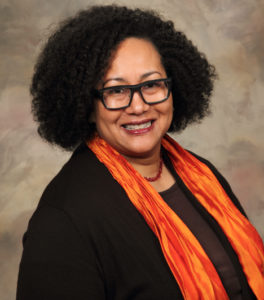 Adrienne Davis, Vice Provost and the William M. Van Cleve Professor of Law, WashULaw
Adrienne Davis, Vice Provost and the William M. Van Cleve Professor of Law, WashULaw
Description: From the moment European ships arrived on the western coasts of Africa, Black bodies have been under assault by Western European law and political systems. This discussion will focus on what makes the United States’ own system of enslavement uniquely brutal and indefensible. It will begin with a brief history of the violence of enslavement and conclude with a discussion about the failure of the legal system to redress the torture and murder of Emmett Till in 1955. This historical background necessarily informs our current moment, what I call “the long summer of Black death.”
Week 2
(Dis)Continuities of Racialized Legal Violence
June 30, 6:00-7:15 p.m.
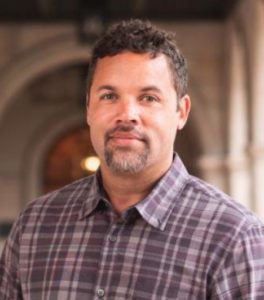

Geoff Ward, Professor of African and African-American Studies, WUSTL
David Cunningham, Professor of Sociology, WUSTL
Description: Focusing on the broad problem of racialized “legal violence” – or, uses of law in ways that are harmful to populations defined by race – we will discuss how modes of racialized violence are more expansive and intertwined than often appreciated, intermingling similar strategies and diverse operatives over time. Our discussion builds upon the central argument of historian Walter Johnson’s “Broken Heart of America”: that empire and anti-Blackness are at the core of our national identity, and their violence has especially flourished at the confluence that is St. Louis. We sociologically unpack this long view of racial violence and various uses of law therein, arguing against a more typical linear reading of successive modes of repression (e.g., “slavery ended…”), by attending to continuities in the long history of racialized legal violence we remain structurally bound up with. Rather than unfolding in succession – from settler colonialism to enslavement, Jim Crow, and mass incarceration – we contend that these transitions are more fluid, sharing repertoires and networks of racialized legal violence re-occurring over time. Please read this excerpt from historian Walter Johnson’s new book, The Broken Heart of America: St. Louis and the Violent History of the United States. For the presentation, please see the map at page x and also read the 13-page Prologue, “Mapping the Loss.”
Week 3
Prosecutorial Conflicts of Interest and Excessive Use of Force by Police
July 7, 6:00-7:15 p.m.
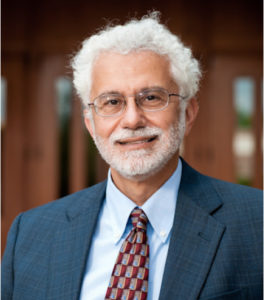
Peter Joy, Henry Hitchcock Professor of Law; Director, Criminal Justice Clinic, WashULaw
Description: Concern about prosecutor conflict of interest in handling allegations of excessive use of force by police is widespread, and many say that the independent review by special prosecutors in necessary for the fair administration of justice. This discussion will analyze whether current legal ethics conflict of interest rules require a prosecutor to withdraw from investigating and evaluating charges against police when there are allegations of excessive use of force.
Week 4
Protests are as American as Apple Pie
July 14, 6:00-7:15 p.m.
Kimberly Jade Norwood, Henry H. Oberschelp Professor of Law, WashULaw
Gregory P. Magarian, Thomas and Karole Green Professor of Law
Description: We are once again in the midst of a national uprising over the police killing of an unarmed and handcuffed Black man. Whether peaceful or violent, the protestors have been called terrorists and thugs. They are told protests do not work and instructed to “be rationale,” “calm down,” and “go home.” Yet, to the contrary, the history of this country reveals that protests have been the only way to effectuate transformative change in America. It is imperative now more than ever for us to look in the mirror and finally reconcile our dissonance with actual protests verses our professed verbal support for the right to assemble as reflected in the First Amendment to the Constitution.
Optional Reading:
Protest is the highest form of patriotism
Violence Never Works? Really?
How can we change a system set up to control Black people? By radically dismantling it
Week 5
July 21, 6:00-7:15 p.m.
Valuing Black Lives
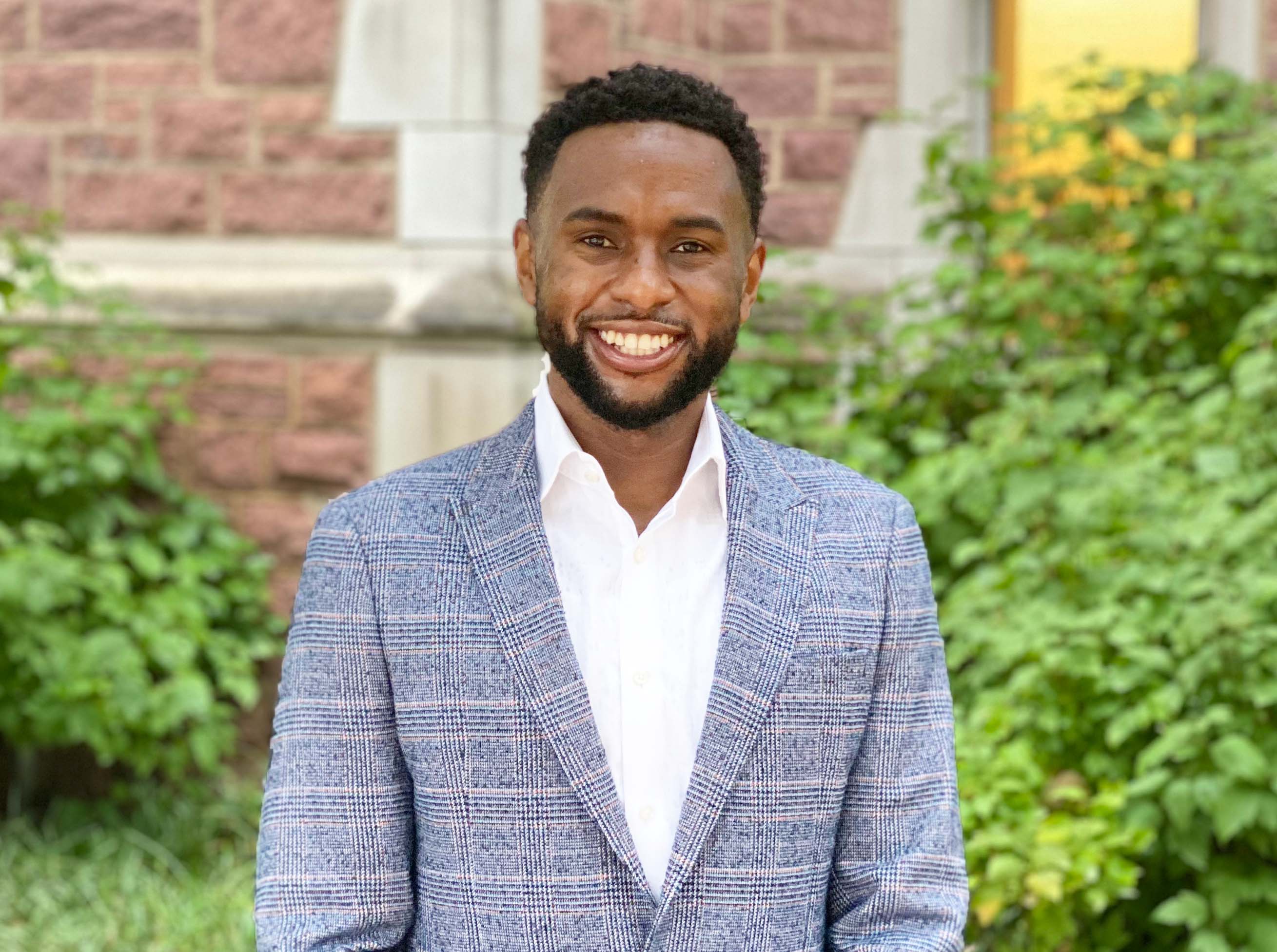
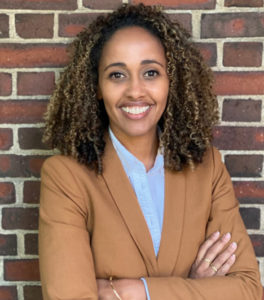
Daniel Harawa, Assistant Professor of Practice and Director, Appellate Clinic, WashULaw
Alexis Hoag, Associate Research Scholar, Columbia Law School
Description: After the Civil War, the Fourteenth Amendment was ratified in part to extend equal protection of the law to Black victims of crime. Yet the criminal legal system, while disproportionately punishing Black people, persistently devalues Black lives. This reality is no clearer than in the context of capital punishment: the state is four times more likely to seek the death penalty in a case involving a white victim, and over 40 percent of the people sitting on death row are Black. Alexis and I will discuss the systemic devaluing of Black lives by the criminal legal system, and explore the implications for Black victims of state-sanctioned crime.
Week 6
Police Violence and the African-American Procedural Habitus
July 28, 6:00-7:15 p.m.
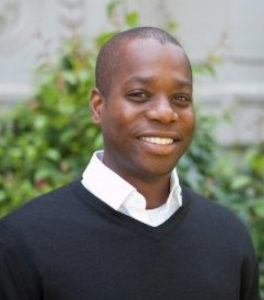
Trevor Gardner, Associate Professor of Law, WashULaw
Description: This presentation proposes that African-Americans should develop a standard approach to the race-based police stop as part of an effort to minimize African-American exposure to police violence. However, I argue that rather than opting for absolute deference to police authority, African-Americans should routinely take concrete steps in the context of the stop in pursuit of police accountability.
Optional Reading:
Police Violence and the African American Procedural Habitus
Sponsored by the School of Law at Washington University in St. Louis, the Department of Sociology, and the Law, Identity & Culture Initiative. Co-sponsored by WashULaw’s Black Law Students Association, the Student Bar Association, and the Women of Color Law Society.
